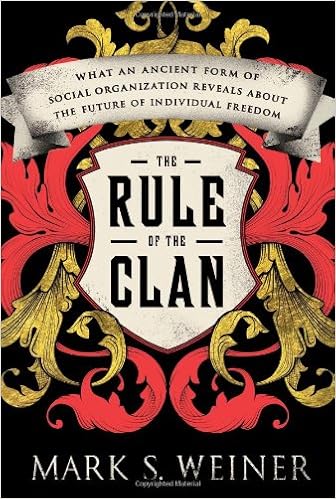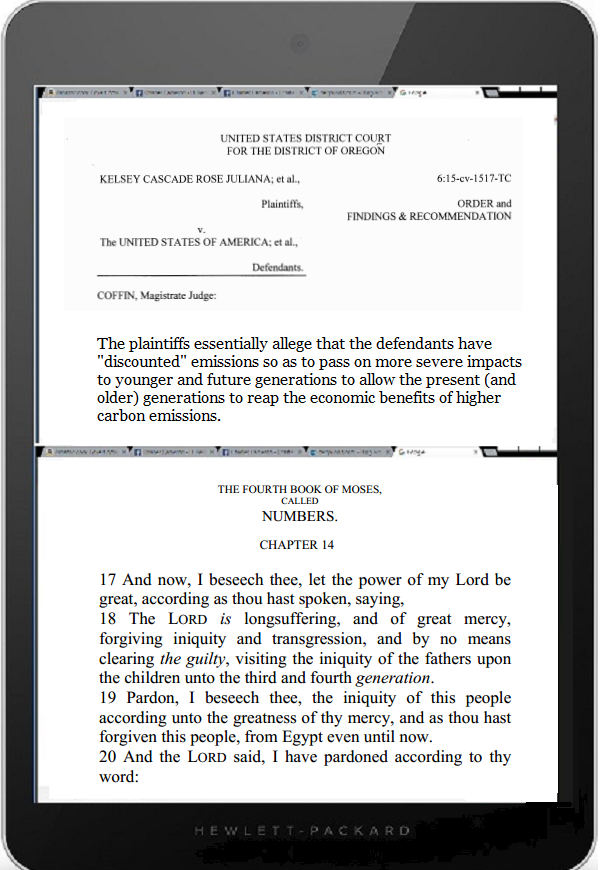[Mark Safranski / “zen“]
Today, I’m pleased to offer a guest post by LtCol. Bob Weimann, USMC (ret.) . Weimann is the former Commanding Officer, Kilo Co., 3/1 and Weapons Company 3/1. He also served as a Marine Security Force Company commanding officer, an infantry battalion Operations Officer and the Executive Officer of 1/6 during Desert Storm. A frequent presenter at the Boyd & Beyond Conferences, Bob is on the Board of Directors of UAP (United American Patriots) and a contributing editor to www.defendourmarines.com . UAP is a non-profit charity that aids military service members to help defray expenses for an adequate and fair legal defense. See What UAP Believes here: http://www.unitedpatriots.org/ .
Why the United States Cannot Put Boots on the Ground to Fight ISIS
By Bob Weimann
The expression “boots on the ground” has an extended military-jargon history…The term is used to convey the belief that military success can only be achieved through the direct physical presence of troops in a conflict area … The term is particularly applied currently (2010) to counter-insurgency operations.[1]
The expression “boots on the ground” basically means we need to send in ground troops, grunts, warriors, dog-faces, jarheads, combatants…those shifty eyed fowl mouth two fisted go for broke Soldiers and Marines that close with and destroy the enemy by fire and maneuver in order to kill the enemy. These are the folks that must place the front site of their rifle on an enemy and pull the trigger. These are warriors brave enough to step through the doorway of an enemy occupied house, detect and disarmed an IED, engage a treacherous enemy that does not take prisoners and an enemy that does not hesitate to torturer and murder innocents. Our warriors are the sons, daughters, sisters, brothers, fathers, mothers, neighbors, and acquaintances from every community, town, city and state across this country and one of the greatest representative cross sections of patriotic American citizens in existence.
Our warriors are a different generation but they possess the same spirt America’s warriors have establish and exhibited since the Revolutionary War. For over 240 years these folks have never let us down and have volunteer for the nasty, dirty, immoral, brutalizing effects of combat. You can say we lost in Viet Nam, Somali, Iraq and Afghanistan but the scary truth is we lost those wars strategically after we won them tactically. The unfortunate reality is that the strategic always trumps the tactical. Tactical is all about the troops; strategy is all about the generals.
The other scary fact is that since 2003, we have seen an unprecedented number of courts martial that the media labels “war crimes” … more “war crime” legal cases since 2003 than in all the battle history of all the United States war’s combined. How can this be possible when we have fielded to today’s battles the best trained, best equipped, smartest warriors in this country’s history?
The issue is not the troops, the issue here is the senior military leadership, the general officers that have forgotten they are warriors and exhibit the traits and leadership characteristics of politicians. Today’s general officers understand careerism but do not understand the Laws of War that should be their stock and trade. They hid behind lawyers and Rule of Law equivocations that cannot co-exist on a battlefield.
For this reason, we cannot put combat boots on the ground because the troops are being used as political cannon fodder. Over and over again we see American combatants thrown under the bus for the sake of justifying a policy objective of executing a bad military strategy. Names like Lt Ilario Pantano, Sgt Larry Hutchins, SSgt Frank Wuterich, Sgt Michael Williams, Sgt Jose Nazario, 1Sgt John Hatley, Sgt Derrick Miller, Capt Roger Hill, Lt Michael Behenna, Major Fred Galvin, Major Matt Goldsteyn, PFC Corey Clayett, GySgt Timothy Hogan, SPC Franklin Dunn, SSgt Osee Fagan, SPC Michael Wagnon, and Lt Clint Lorance are the more notable cases. You can be certain that the list will continue to grow not only with the recent Afghanistan Kunduz Hospital Airstrike[2] but also any combat actions against the terrorist in Iraq and Syria.
Military campaigns are always based on a “kill or capture” strategy, however, our leadership does not believe in a kill strategy nor do they believe in a capture strategy. Our military leadership believes that our Soldiers and Marines are in combat to die for the “greater good”.[3] Instead of capture, we have a “catch and release” program that continually frees known enemy combatants and terrorist to again kill, not only our service members, but also civilians. “Catch and release” is nothing more than a treachery award program for the enemy. Our generals believe that our combatants have no right to self-defense on the battlefield.[4] The idea that our warriors are there to make the enemy die for their cause is a lost priority in our general officer’s politically correct minds.
We cannot put boots on the ground because our generals do not trust our Soldiers and Marines to show the initiative necessary for successful combat operations. The generals have forgotten how to fight and win. They have forgotten how to support our warriors by setting the correct strategic policies to allow them to fight. We no longer have combat commanders. The Washington DC political cronies continue to dedicate failed policies that undermine and kill our warriors in order to acquire political curry and favoritism.
War is not a moral exercise. There is no morality that can justify the slaughter of war. War is the ultimate competition that is won by killing the bad guys and bringing our warriors home alive. Collateral damage is an unescapable reality. Yes, collateral damage considerations are important but collateral damage must be weighed against military necessity. The Laws of War principle of military necessity allows for a rigorous war; a rigorous war is a short war; and a short war minimizes civilian casualties. Mixed into military necessity is the idea that field commanders have a responsibility to bring home alive as many of our warriors as possible. Sending them to Leavenworth is not part of the “bringing them home” equation.
[1] https://en.wikipedia.org/wiki/Boots_on_the_Ground
[2]https://en.wikipedia.org/wiki/Kunduz_hospital_airstrike
[3] http://www.wnd.com/2012/03/sacrifice-marines-for-the-greater-good/
[4] http://newsok.com/article/3690397





